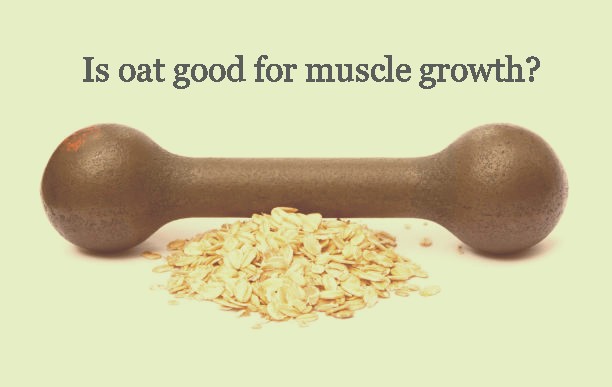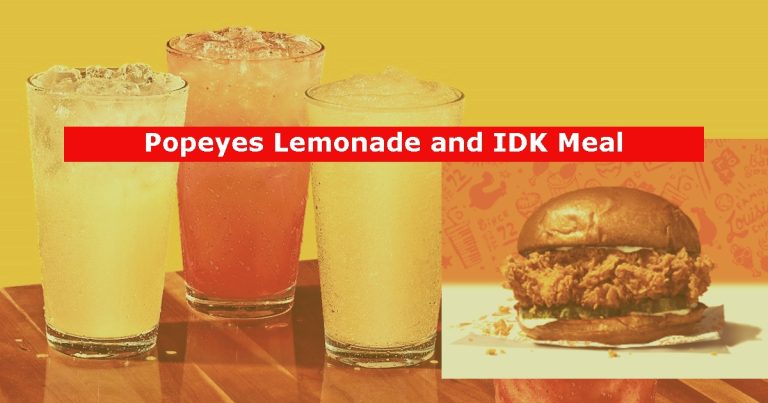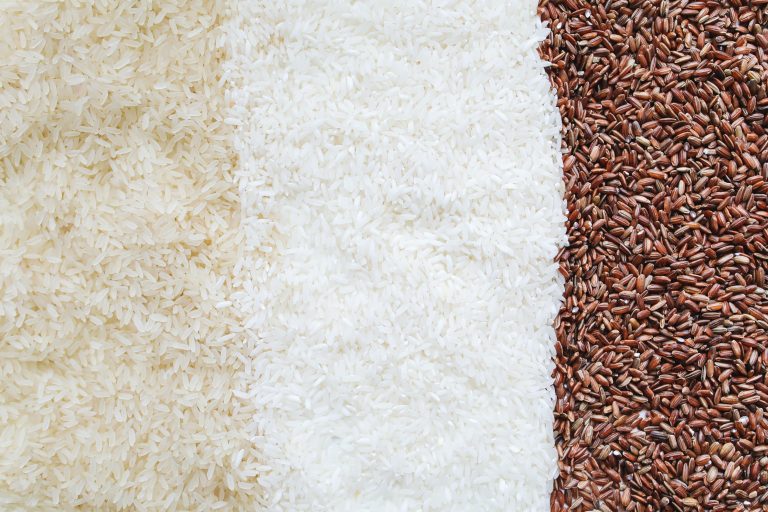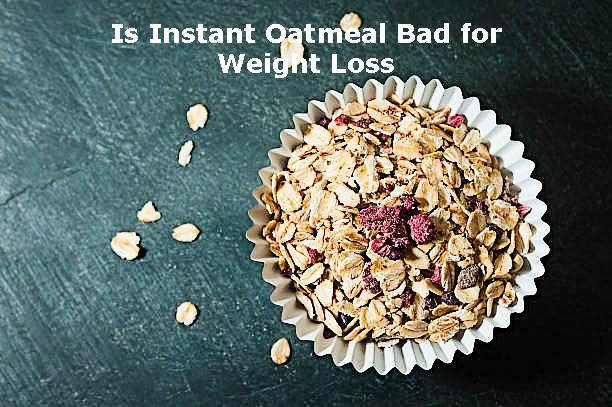Table of Contents
Introduction
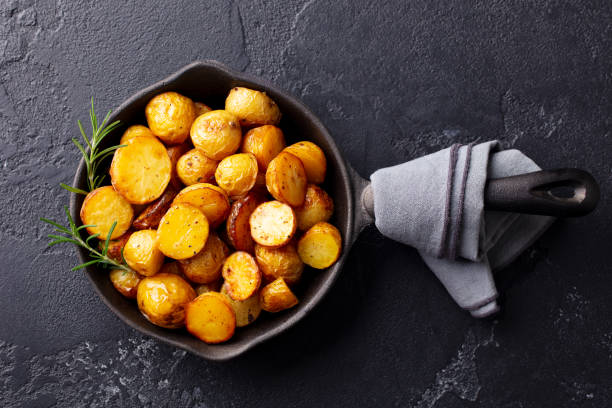
From crispy French fries to creamy mashed potatoes, from boiled potatoes to baked or roasted potatoes, to the 1001 recipes from chefs and non-chefs alike – potato is a very popular food. It is available worldwide and all year long, so pretty much everyone eats it, one way or another. Fortunately for all of us, potatoes aren’t just popular and tasty, they are also packed with a lot of nutrients (ranging from starch to fiber to vitamins and minerals) that benefit our bodies in more ways than one.
The purpose of this article is to shed light on the nutritional value of potatoes and the best preparation methods to get the most out of them. Also, if you have questions about potatoes, such as “Do potatoes cause belly fat?” or “Are potatoes good for weight loss?”, feel free to read on, I’m sure some of the answers will surprise you as they did me.
Nutritional Value of Potato
According to Medical News Today, a 100-gram serving of white potato, baked with skin has the following nutritional profile:
| Nutrient (per 100g) | Value |
| Calories | 94 kcal |
| Fat | 0.15 g |
| Cholesterol | 0 g |
| Carbohydrate | 21.08 g |
| Dietary Fiber | 2.10 g |
| Protein | 2.10 g |
| Calcium | 10 mg |
| Iron | 0.64 mg |
| Magnesium | 27 mg |
| Phosphorus | 75 mg |
| Potassium | 544 mg |
| Vitamin C | 12.6 mg |
| Vitamin B6 | 0.211 mg |
| Folate | 38 mcg |
Health Benefits of Potato
Potatoes are packed with lots of nutrients which provide a host of amazing health benefits:
- Potatoes are a great source of energy, providing the body with the carbs it needs to function.
- The starch in potatoes is known as resistant starch. It is resistant in the sense that it is not fully broken down in the small intestine but is carried over to the large intestine. Due to this delayed digestion, glucose is released slowly into the bloodstream and this helps to regulate blood sugar levels.
- Vitamin C, which is found in potatoes, serves as a defense against illnesses like scurvy.
- Potatoes contain iron, phosphorus, calcium, magnesium, and zinc, all of which help the body build and maintain bone structure and strength.
- Its potassium content supports heart, muscles, and nervous system health.
- The absence of cholesterol is also great for heart health.
- Varieties like sweet potatoes are rich in vitamin A and boost immunity and eye health.
- The fiber content of potatoes aids digestive health by adding bulk to stool and preventing constipation.
- Potatoes contain folate, which plays a function in DNA synthesis and repair, preventing the formation of many forms of cancer cells that are typically caused by DNA mutations.
Do Potatoes Cause Belly Fat?
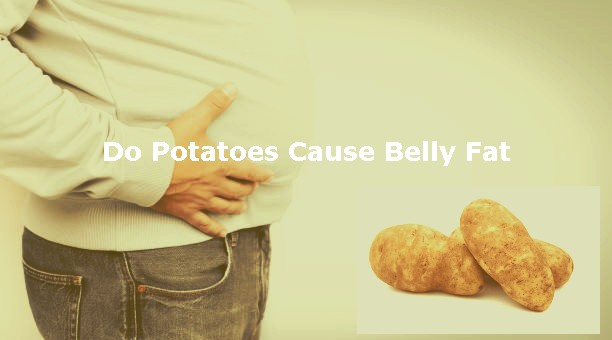
Contrary to what some believe and say, eating potatoes is not a direct cause of belly fat. How healthy potatoes are or whatever side effect is experienced after eating them depends on a lot of factors besides the potato itself. Potatoes are most likely to contribute to weight gain or belly fat if:
- Eaten in excess. “Too much of everything is bad”, too much potato or any other food for that matter can mean more calories than you can burn which will lead to weight gain.
- Prepared with ingredients such as oil, cream, butter, etc. These ingredients are high in calories and will add to the overall calorie content of your meal.
- You do not have a healthy and active lifestyle. If you have a well-balanced diet and burn as many calories as you consume by regular physical activity, you shouldn’t have to deal with the extra fat.
- You have a bowel of metabolism-related illnesses.
Does Fried Potato Make You Fat?
I don’t think most of us are ready to accept the hard truth that our beloved french fries are culprits for foods that contribute to weight gain. This is because fries are cooked in oil and the frying process adds significant calories and fat to the potato. On top of this, when it comes to fries or chips, many of us don’t know how to stop, we just keep munching and munching and then we add toppings like ketchup or mayonnaise! It’s like this huge party where only calories and fat are invited and that can only end one way, extra fat.
Does Boiled Potato Make You Fat?
Unlike fried potatoes, boiled potatoes are much healthier and involve fewer calories and less fat. Boiling also preserves more of the potato’s nutrients compared to frying. However, this advantage can be overridden if we are in the habit of eating large portions or using high-calorie toppings like cream, ketchup, oils, etc. Boiled potatoes can definitely make you fat if eaten this way.
How To Add Potato To Your Daily Diet
If you are interested in adding potatoes to your daily diet, then you want to keep these key points in mind:
- The health benefits of potatoes are greatly influenced by how they are prepared. For instance, fried potatoes with unhealthy fats, oils, and salt are unhealthy and less nutritious. However, baked, boiled, roasted or steamed potatoes are healthier options and preserve more of the natural nutrients.
- Portion sizes also play a major role in how well potatoes work. Large portions would mean more calories, more sugar, digestive issues, and possible nutrient imbalance.
- Include a variety of nutrient-rich foods in your diet for balance.
- Take walks and exercise regularly for a more rounded approach.
Potato For Weight Loss – How True?
If you have ever embarked on a weight loss journey, then someone has most likely recommended potatoes to you for weight loss. The question is, how true is this? Is potato really effective for weight loss? If yes, how?
Here’s how… Dietary fibers are commonly recognized as important in weight management and weight loss because they act as bulking agents in the digestive system. The resistant starch and fiber in potatoes resist complete breakdown and digestion in the small intestine and move to the large intestine. This delayed digestion in addition to the water content in potatoes contributes to a feeling of fullness, making it less likely for someone to consume more calories because they feel fuller for longer.
How To Cook Potato For Weight Loss
Again, how beneficial potato is in our diet is influenced by how it is cooked. To cook potatoes for weight loss:
- Opt for healthier cooking options like boiling, baking or roasting rather than frying.
- Keep the skin on when cooking as this helps retain more fiber and nutrients.
- Pay attention to your portion sizes.
- Eat with vegetables and lean protein for a balanced meal.
Conclusion
As we have seen, potatoes are not inherently responsible for belly fat. So if you enjoy potatoes but are concerned about potential weight gain, you have nothing to worry about. By simply adopting healthier cooking methods, controlling your portion sizes, and including other nutrient-rich foods in your diet, you can enjoy your potatoes without the public proof of belly fat.
FAQ
Do potatoes cause diabetes?
Potatoes are not directly responsible for causing diabetes but excessive consumption can cause weight gain and insulin resistance, which are risk factors for type 2 diabetes.
Is boiled potato good for diabetes?
Boiling potatoes, especially with the skin on, preserves nutrients and has a lower impact on blood sugar compared to frying.
How much potatoes can a diabetic eat?
Portion control is important for a diabetic. A small serving of about ½ to 1 cup of boiled potatoes is a reasonable amount for a person with diabetes. However, individual tolerance may vary.
What kind of potatoes can a diabetic eat?
Sweet potatoes, red potatoes, or other varieties with a lower glycemic index are preferable.
Is sweet potato good for diabetes type 2?
Yes, sweet potatoes are okay for people with type 2 diabetes. They have a lower glycemic index compared to other potatoes and offer essential nutrients.


